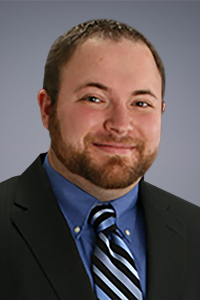by
Aubrey Rybyinski, SDMS President
| Feb 10, 2026

Dear SDMS Members,
Our profession is strongest when sonographers step up to lead. The nomination period is now open for the 2026 elected SDMS Board of Directors and committee positions, and this is your opportunity to help shape the future of our profession.
If you know a dedicated, thoughtful, and passionate sonographer, consider nominating them to serve on the SDMS Board or one of its elected committees. These roles help guide the direction of the Society and represent the voices of sonographers.
Serving is more than a title. It’s an opportunity to give back, influence meaningful change, and help strengthen our collective impact. I encourage you to nominate someone who inspires you or consider stepping forward yourself.

The deadline to submit nominations is Friday, February 20, 2026.
BOARD OF DIRECTORS*
- Director (three open positions)
*Elected SDMS Board members also serve in the same position on the SDMS Foundation Board of Directors.
COMMITTEE
Please let me know if you have any questions about the open positions or serving in an elected capacity with the SDMS. Thank you for your continued support of the SDMS.
Sincerely,
Aubrey Rybyinski, BS, RDMS, RVT, FSDMS, FAIUM
SDMS and SDMS Foundation President
Note: To submit a nomination, you must be an SDMS member in good standing. SDMS Student Members can submit nominations but cannot be nominated or serve in an elected position on the SDMS Board of Directors or Committees.